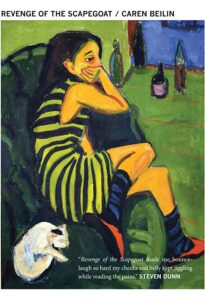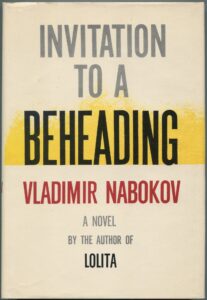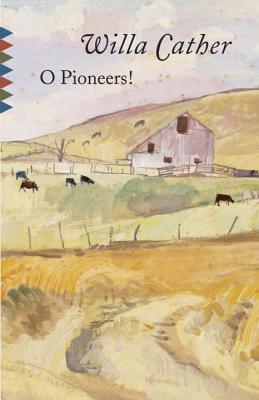Curated by SOFIA BELIMOVA
As the weather gets cooler and rainier, you may find yourself looking to spend time indoors with a good book and a steaming cup of tea. In this installment of Fridays Reads, we bring you exciting book recommendations from two of our volunteer readers, which dwell on dark, absurd, and solitary experiences.
Caren Beilin’s Revenge of the Scapegoat, recommended by Grace Ezra (reader)
“The sun develops as it ends. The color gets so stabby.”
Hard and luminous, Revenge of the Scapegoat scowls as the reader delights. Beilin has set out to examine the expression, cultivation, and inheritance of the scapegoat’s situation, not shying away from the unyielding responsibility of the role. Not only is this novel undoubtedly accomplished, Revenge of the Scapegoat had me laughing myself feral.
Beilin’s narrator, Iris, is working as an adjunct at an arts college while toiling with her husband, Joe (an alcoholic who insists that the road to sobriety has been paved by microdosing heroin) and a recent diagnosis of autoimmune rheumatoid arthritis at only thirty-six years old. Her two feet seem to be most affected by the pain, affectionately named Bouvard and Pécuchet after the title characters of Flaubert’s posthumous novel (“the only one lit majors and bookstore owners read”). Iris’s chummy feet quickly become major characters in the story; they exercise dignity and concern as well as good humor. The two fall into asides about history and literature, compelling the reader to group the pair with the other eccentric artists that make Revenge of the Scapegoat such a gratifying indulgence in the absurd.
I haven’t even gotten to the part of the book that thrills and sets the story to motion. Iris receives a collection of letters written to her by her father in which he ascribes heaps of cyclical family trauma to her. The first time that she received these letters was when she was a teenager, though Beilin makes it clear that the inauguration of the family scapegoat happens in childhood. Iris (as alter ego “Vivitrix”) clears off to the Pennsylvania countryside, where she’s employed by a stirring gallerist and apathetic widow, Caroline, and her “Heathcliffish” son, Matthew. There are also heart-stepping cows, but I’ll save all of that magic for the actual read.
Revenge of the Scapegoat was a transference for me: not an escape, but that rare book that takes you somewhere completely new, strange, and fantastic. It would normally be a big ask for a book to take me “in that fetid twilight marinade refusing suicide barking at peaches in a pact with the unrevealed,” but for Beilin, she can serve it up with potency and pleasure.
Vladimir Nabokov’s Invitation to a Beheading, recommended by Tyler Hayes (reader)
“I have no desires, save the desire to express myself—in defiance of all the world’s muteness.”
Invitation by Vladimir Nabokov follows the surreal—but not unfamiliar—events following the trial and indictment of one Cincinnatus C., an intelligent but quiet man. While imprisoned with him, we meet laconic guards, pernicious spies, and even butterflies. We learn that he has been charged with nothing more than “gnostical turpitude,” and that the punishment is death by decapitation.
In the end, Nabokov’s achievement here is in dispelling the notion that we can transcend absurd performance—let alone find joy—in the presence of those who don’t understand us. His deployment of incisive, subtle duplicity, which manifests as both humor and pathos, is virtually unmatched at this word count. Read it as both cause and cure for solitude.






